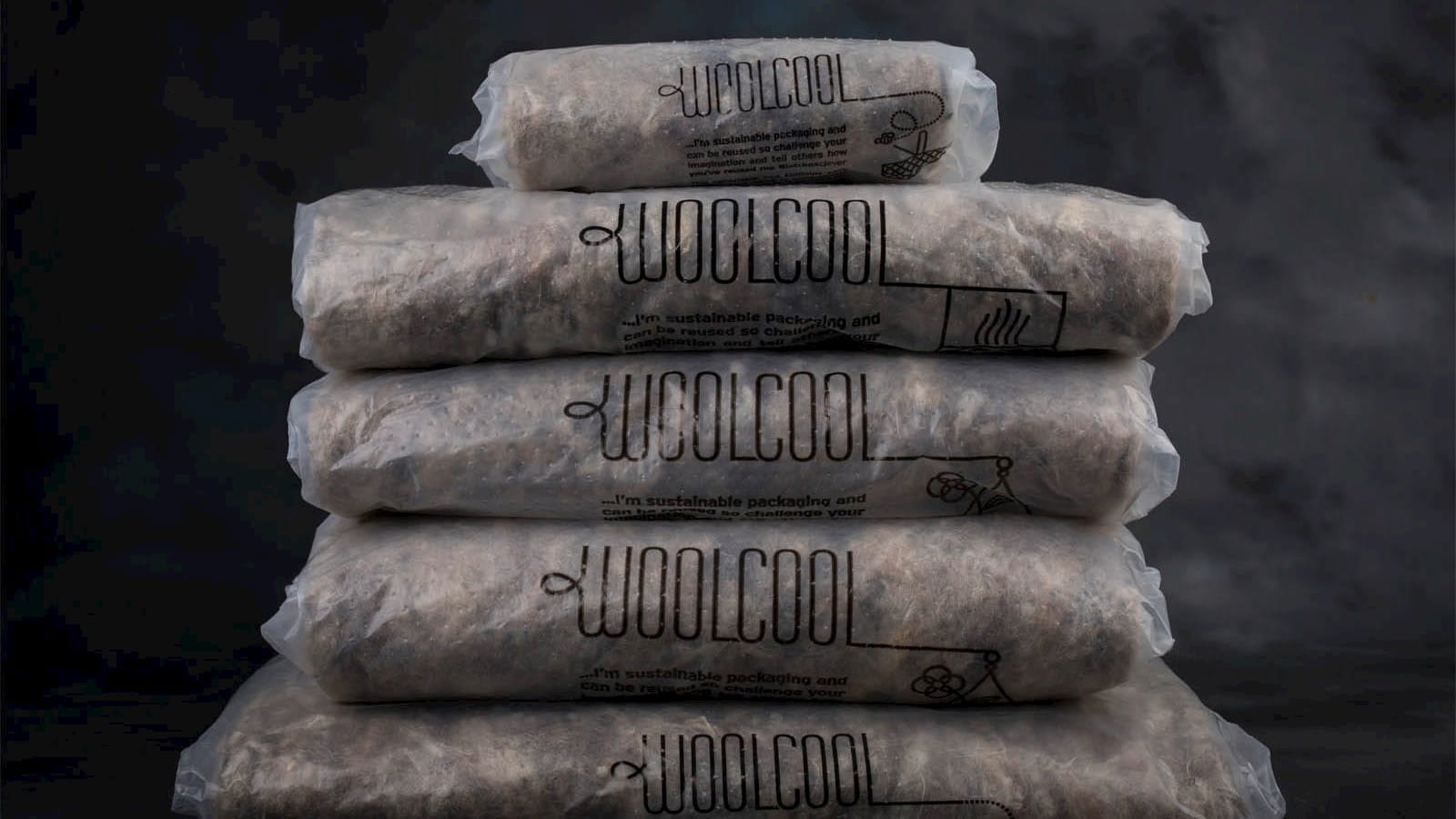Woolcool is one of those rare companies that is founded by and predominantly run by women. Angela Morris, an experienced entrepreneur, set up Woolcool in 2008, while her daughters, Josie and Jessica Morris, are the managing director and finance director respectively.
Pondering how they all ended up in business, Josie Morris says it’s partly because her and her sister didn’t suffer from the gender barriers of previous generations, and their mother instilled in them a self-confidence to do whatever they chose. The fact their mother had to take their father to the bank in the 1980s to secure a business loan for one of Mrs Morris’s previous business ventures also reinforces the greater freedoms women now rightly have in business and the need to take advantage of them.
The Staffordshire-based business is also a relatively young company in terms of its workforce. Its youth might explain its willingness to think about the future and what role the business will play in the wider society. Signing up to Boardroom2030, an initiative to encourage businesses to think about future board representation and where decision-making lies, was in keeping with Woolcool’s long-term goals.
“Our ethos is to try and be a little bit more human as a business rather than just seeing it as a money-making machine; to see it as an opportunity for people to grow and invest, as well as making money. It's taking on the responsibility that you have as a business leader,” says MD Josie Morris.

Evidence of an ethical, environmental ethos
As companies step up their efforts to cut their carbon footprint, it’s likely Woolcool’s name and insulated eco-friendly packaging products will crop up more and more. The reusable and fully sustainable products are helping household names such as John Lewis, Fortnum & Mason and Unilever cut their impact of waste to landfill.
Evidence of the ethical, environmental ethos of the family-run business is also clear in its certification as a B Corp almost two years ago. The external validation was a bonus for Woolcool, which was already ethically and sustainably-minded, Morris says.
“We were already doing a lot of the things that B Corp stood for. I felt it was very much in keeping with what we want to do in the company. Wherever I see opportunities for better business, I also see opportunities to be better people within society. Businesses have a good platform to help with some of the challenges that are currently happening in society,” Morris says.
To start debate on what Boardroom2030 initiatives were right for Woolcool, Morris organised a company-wide away-day, splitting staff into groups and requiring them to take on roles they typically have little to do with, for example, the finance director in charge of health and safety. Each group drafted a plan of action and presented it to the company.
“Given the last 12-18 months I thought it was a good opportunity, from a social point of view, to get people together to think about the future and to start thinking about where they see themselves in the future. The other reason for doing it was to try and get people to step outside their comfort zones.”
One of the issues that repeatedly cropped up on the away day was mental health. Considering this, Woolcool is going to test out a mental health course with the ultimate aim of offering it to all employees as needed. The course is aimed at recognising mental health challenges, and what to do within the workplace.
Woolcool recently set up an anti-domestic abuse scheme where they train staff to act as a point of call for employees that may be struggling with domestic issues. Morris says Woolcool aims to set up a similar scheme for mental health issues too.
One immediate project Morris is setting in motion is a solar panel project with Keele University to review whether the company can move to solar panels for their energy requirements. The project will also include assessing other areas of the business to investigate where Woolcool can save energy and cut waste.
Filling the communities gap
Morris’ drive for Woolcool to adapt and adopt Boardroom2030 initiatives and form a kind of like-minded business community is because she believes that businesses with purpose can go part way to filling in the gap left within many British communities. Many tight-knit communities across the UK were formed around now-defunct economic activities such as the mining and textiles industries. Since those industries have left, many communities lack a societal focal point that brings them together.
For Woolcool, it’s fitting that the company is repurposing wool, a product long tied to the UK’s and Staffordshire’s history, into a modern, sustainable product.
“Community generally isn't the same as it used to be. Communities used to have the church for example but that’s less of a meeting point now. One of the reasons I think that businesses doing some of these things is important is because they are a community themselves. You can create a haven for people to feel safe and supported at work when they may not have that haven and support at home or within their community,” Morris says.
To some Morris’s business outlook may sound idealistic, but with a growing company producing innovative, sustainable products, and a generation of disenchanted young people coming up through the ranks of society demanding change, it’s arguably time for stronger ethics and a more supportive community.


